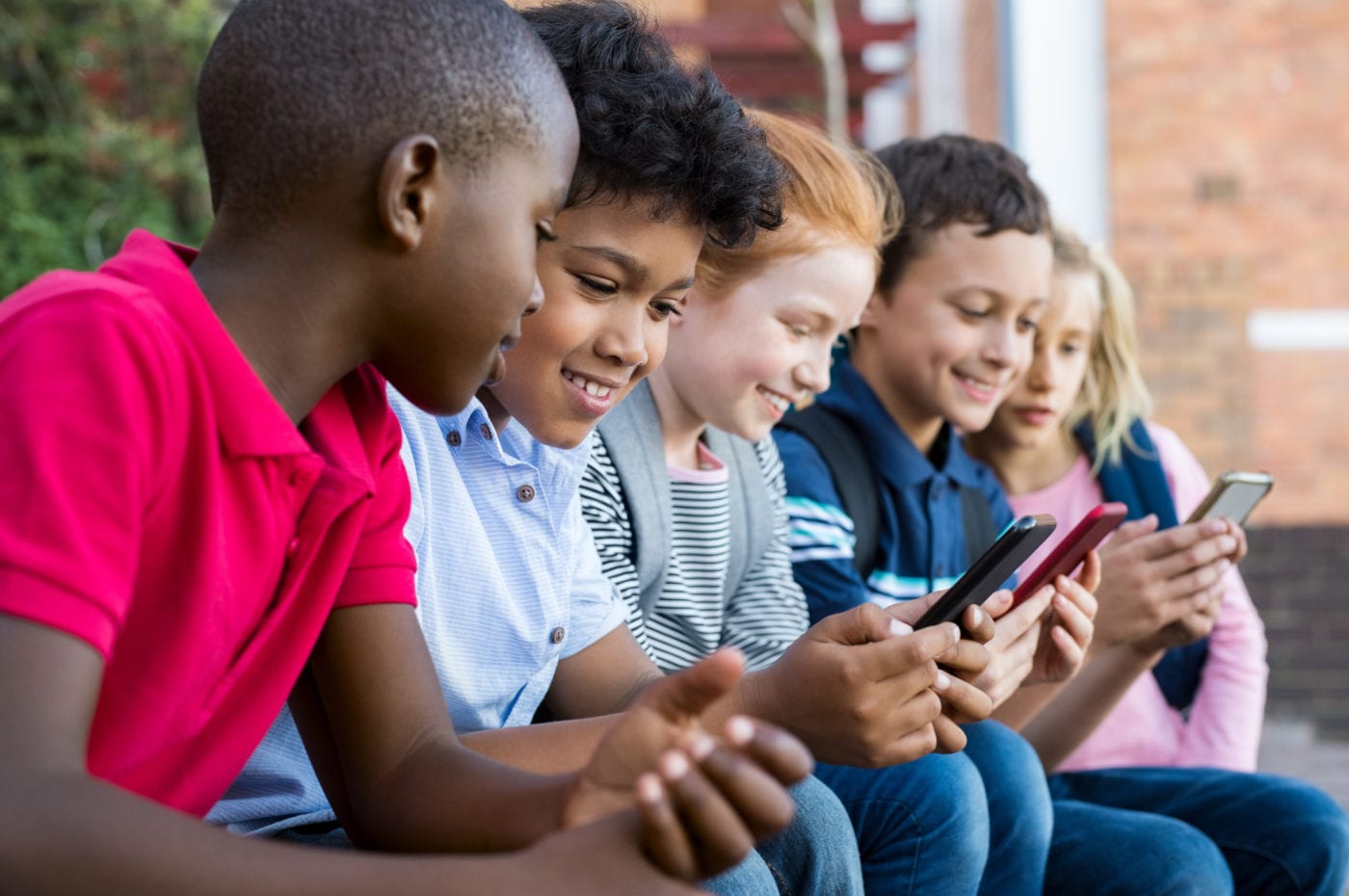In a matter of months, generative artificial intelligence has turned science fiction into reality. Recent advances by tech giants like Google, Microsoft, Meta, and OpenAI have been no less than remarkable, but they emphasize how important it’s going to be for us to stay current on AI. As our children head to school each day in this new AI-driven world, are we prepared to support their learning?
Our children are facing a future we might’ve only imagined in our wildest dreams when we were kids. But when we seek knowledge and understanding rather than ignoring or fearing AI, our kids win. Here are 3 predictions for the future of AI in education and how we can prepare for this new frontier.
1. Education will look different as AI continues to advance.
For some kids, AI has become a way to find quick answers and avoid doing actual work. Because of it, this new tech is going to change how teachers teach. From in-person assignments to evaluating students with oral exams, there will be a shift in how teaching and learning take place. And this could be a good thing! Because of AI, educators will need to adjust their teaching strategies to ensure that kids are actually learning.
Something we also might see in the future of AI in education is the social and conversational use of AI models in classrooms. Someday soon, AI tools might be able to talk with kids in a very humanlike way and even sense a student’s stress levels through facial expressions. They may also be able to read how a student is feeling by understanding the nuance in a child’s speech. With that, the AI could respond in a way that appropriately supports the student. That “opens the door for a host of different possibilities,” says professor Nia Nixon.
2. AI use in classrooms will increase.
Many teachers are already integrating AI tools in classrooms. If you have an elementary-aged child, he might’ve used AI-powered tools like Quizlet or Blooket this past school year. Older students might’ve enlisted ChatGPT, Gemini, or another chatbot for homework help. Educators are continuing to look for ways to use AI to reach all students and their individual learning needs. If your child has ever struggled in math or reading, you know how hard it is to see your child fall behind. Educators are hoping AI will prevent this from happening.
Reaching students with diverse needs becomes possible with AI-powered programs in classrooms. The World Economic Forum says, “Customizable interfaces emerge as invaluable assets, particularly benefiting neurodiverse students and those with diverse physical abilities.” With these tools, the goal is for all children to learn at their own pace in ways that are tailored to their specific needs.
The Los Angeles Unified Schools District recently built an “individualized AI tool” called Ed that will serve students as their “’personal assistant,’” says Mallika Seshadri of EdSource. Professor Shayan Doroudi says “we’re going to see a lot of these sort of custom tools being built by individual educators, by districts and various stakeholders.” Even students, says Doroudi, will be able to create their own chatbots. Figuring out how to do that is an educational experience itself.
While some school districts have already started incorporating AI tutoring systems in classrooms, we’ll probably see more in the future. Fifty-six percent of educators say AI use will increase in the 2024–2025 school year, according to Alyson Klein of EducationWeek.
3. AI literacy for students, parents, and educators will become increasingly important.
Are you generally familiar with what your kids are doing in class these days? Do you know what sort of technology your kids’ teachers are using? We’re still in the early days of AI-integration in classrooms, but it’s moving forward at a pretty fast pace.
Students and teachers need to be AI literate, says Doroudi. “They have to understand what these tools are, how they work, [and] when they don’t work.” One way to increase AI literacy is to be around it more, try out more tools, and learn about it as you go instead of trying to catch up on everything all at once. As parents, we can work with our kids to build AI literacy over the summer and during the school year by giving them opportunities to play with chatbots, ask chatbots questions, and get more comfortable using a variety of AI-powered tools and games in fun ways.
Nixon says she feels that “a lot of the flailing that you might…see right now in education and AI is a lack of education around AI and/or misinformation around it.” Let’s not fall into that category as parents. Because we want our kids to excel not just this year, but in the future, we should do what we can at this moment to help them learn about AI. The world is moving forward with this technology. Being not just aware but also knowledgeable of both the benefits and pitfalls will be key.
Sound off: An impact of AI in education is inevitable. How are you already seeing AI impact your kids in school?











Huddle up with your kids and ask, “In what ways have your teachers used technology in the classroom?”